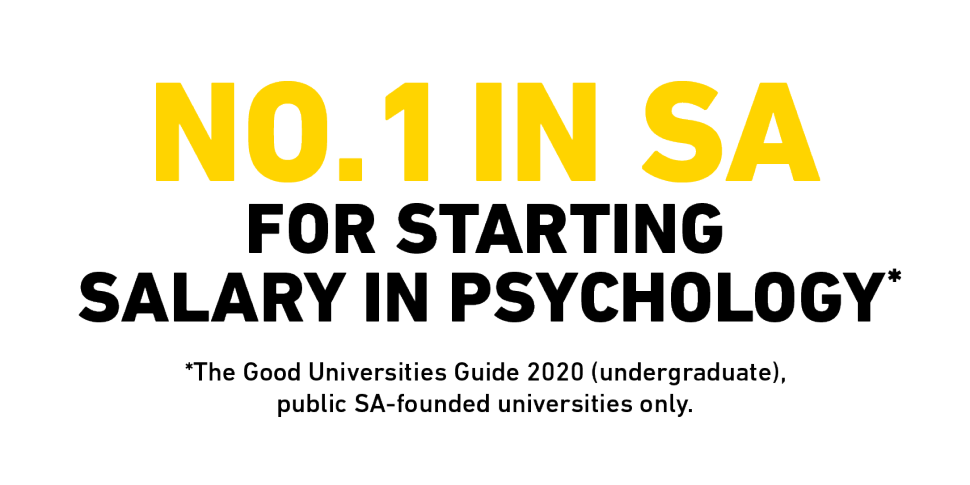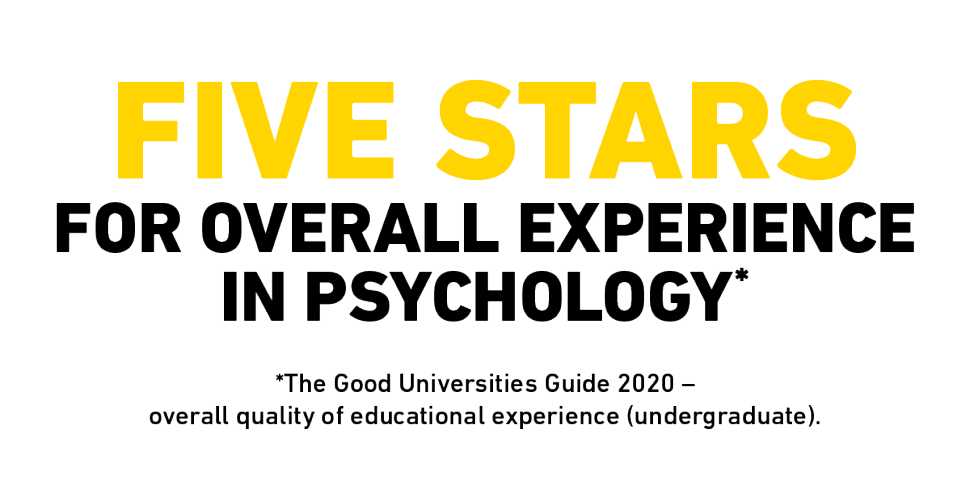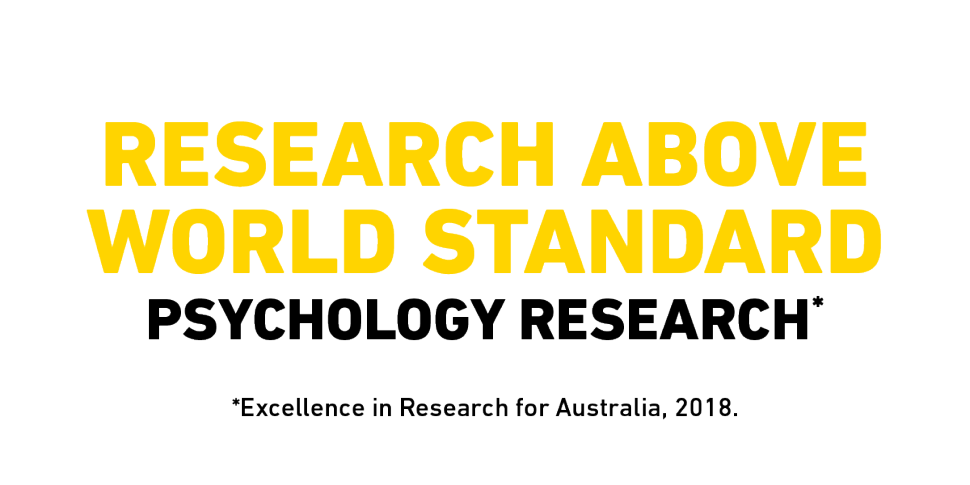STREAM FRAMEWORK

Self-isolated? Working from home?
Here are six strategies to help you cope
The Covid-19 crisis has mass implications for all Australians. While the virus itself is having a vast impact on our physical health and economy, the resulting lifestyle that many of us are now experiencing - self-isolating and working from home, can have negative effects on our mental health and wellbeing.
We need robust wellbeing, mental health and resilience supports to build individual and community resilience during these times. The good news is there are existing resources we can adapt for the current situation to support those stuck at home or feeling stressed.
STREAM
S is for Social networking. Social distancing or quarantining may be necessary health-wise but it doesn’t mean we should cease all social networking. Keep in touch with people through social media or a simple phone call. Share your experiences to facilitate support or use the best of Australian humour to lighten the situation. Dinners or dessert and coffee over Skype are always a hoot!
T is for Time out. Even though you’re probably in self-isolation with your loved ones, you still need personal time away from each other. When in the home for long periods, it can be particularly useful to timetable in time-out periods so as to minimise the ongoing stress of being in a limited space with others for long periods of time.
R is for Relaxation, mindfulness or yoga strategies. Managing anxiety can be helped through the use of a variety of relaxation strategies. Breathing and muscular relaxation exercises, mindfulness training, dancing, yoga and playing an instrument are but a few of the available strategies that are effective.
E is for Exercise and entertainment. If you have a yard or a space where you can get some exercise, that’s always a good way to burn off some energy. You can even find opportunities in the home to undertake some exercise. Alternatively, catch up on some reading, streaming services, digital or board games, hobbies, playing music, etc.
A is for Alternative thinking. Understand that uncertainty and novelty will lead to heightened tension and stress – Ask yourself if you’re angry (e.g. supermarket or car rage) – Are your fears likely to eventuate? Is your response reasonable? Are there better ways to manage your underlying motivations or your personal expectations? It’s often useful to think things through, even by talking to someone else, e.g. a friend or a counsellor.
M is for being Mindful of others. Remember, this is just a short-term situation that we can all get through if we work together. This is not new to Australians – we’ve done it before and we’ll do it again – it’s in our blood to work together and maintain courteous and caring interpersonal relationships – neighbours always help each other out and no one gets left behind after fires, floods, other times of need. Check in on your neighbours, making sure you maintain good hygiene practices. The elderly and those with previous medical conditions are particularly vulnerable and may need support. And never forget that simple acts of kindness make us feel good about ourselves, the world and the future.
By Professor Mike Kyrios, Acting Director, Órama Institute for Mental Health and Wellbeing at Flinders University.
Professor Kyrios developed the STREAM framework from the wellbeing activities that he and Flinders University’s Órama Institute for Mental Health and Wellbeing have worked on with the SAHMRI Wellbeing and Resilience Centre.



![]()
Sturt Rd, Bedford Park
South Australia 5042
South Australia | Northern Territory
Global | Online


